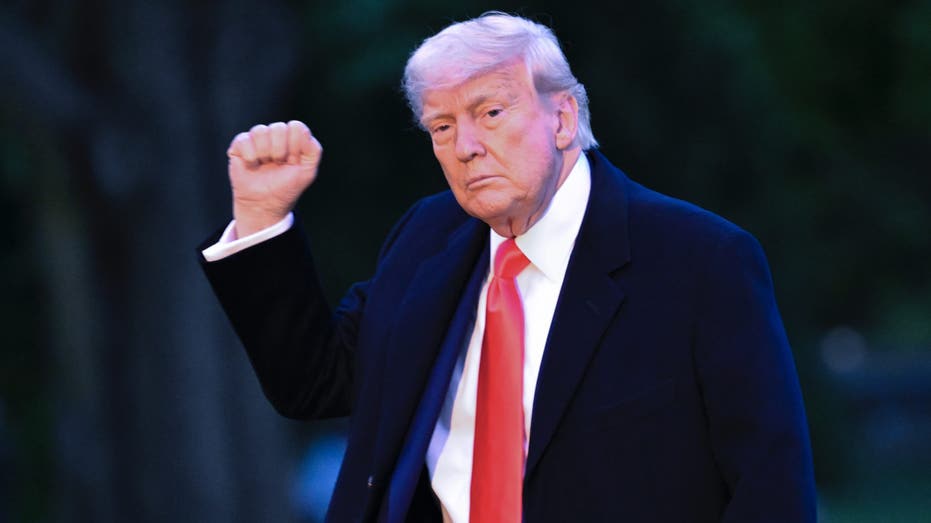Poll Highlights: Americans' Views on President Trump Four Months Into His Second Term
Despite legislative wins, Trump's low approval on tariffs and inflation casts a shadow over his presidency's legacy.

President Donald Trump is celebrating what he has described as one of the most significant legislative achievements of his second term, following the narrow passage of a sweeping tax and spending cuts package in the Republican-controlled House of Representatives. The measure, which supporters have labeled “THE ONE, BIG, BEAUTIFUL BILL,” embodies many of Trump’s longstanding campaign commitments and second-term priorities, spanning tax relief, immigration reform, defense spending, energy policy, and the federal debt limit.
The bill advanced after a tense vote in the House, with GOP leaders managing to secure just enough support to pass the controversial legislation. The win comes at a crucial juncture for President Trump, who has faced persistent challenges with public approval since returning to office. Recent surveys by major polling organizations, including Marquette Law School, Reuters/Ipsos, and Gallup, reveal that Trump’s overall approval ratings remain underwater, fluctuating between 42% and 46%, with disapproval consistently above 50%.
Despite these headwinds, the administration has pushed a bold agenda. Trump’s executive orders during his second term have aimed to overhaul government operations, reduce the size of the federal workforce, and reverse policies from prior administrations. These moves have drawn both praise from conservative allies and legal challenges from opponents, reflecting deep partisan divides.
While Trump initially entered his second administration with positive job approval numbers, those figures began to slide shortly after his inauguration. Analysts note that economic factors—including persistent inflation and controversial trade policies—have contributed to the erosion of support. In particular, Trump’s imposition of new tariffs in April triggered volatility in financial markets and fears of a looming recession. Although recent diplomatic efforts led to a temporary easing of trade tensions with China, poll numbers suggest Americans remain wary about the broader economic outlook.
According to the Marquette Law School poll, just 37% of respondents approve of Trump’s approach to tariffs, and only 34% back his handling of inflation and the rising cost of living. Similar sentiments were echoed in the Reuters/Ipsos survey, where approval for Trump’s economic management hovered around 39%, with slightly lower marks on the cost of living.
Political strategists say the state of the economy remains top of mind for voters. Doug Heye, a veteran Republican operative, argued that Trump’s 2024 victory was driven by expectations that he would curb rising prices—a promise many Americans still feel has not been realized. Analysts like Daron Shaw of the University of Texas note that while gas prices have stabilized, the perception persists that the overall cost of living remains painfully high, limiting the president’s ability to declare economic success.
However, there are bright spots for the administration. On issues such as border security and immigration, Trump continues to receive relatively high marks, with a majority of respondents in some polls expressing approval of his performance. The Marquette Law School survey reports 56% approval for Trump’s handling of border security and 50% for immigration policy.
Yet, experts warn that even these successes may not translate into long-term gains. Shaw observes that immigration has started to fade as a defining issue for many voters, particularly as Democrats and independents shift attention back to economic concerns. While border security remains a rallying point among Republicans, its salience in the wider electorate is diminishing as pressures on the border subside and other national challenges take precedence.
Looking ahead, it remains clear that President Trump’s legislative victories will need to be matched by tangible improvements in the economy if he hopes to regain broad public support. With inflation and the cost of living continuing to weigh heavily on American households, the path forward may depend less on Capitol Hill successes and more on whether voters begin to see relief in their everyday expenses.




